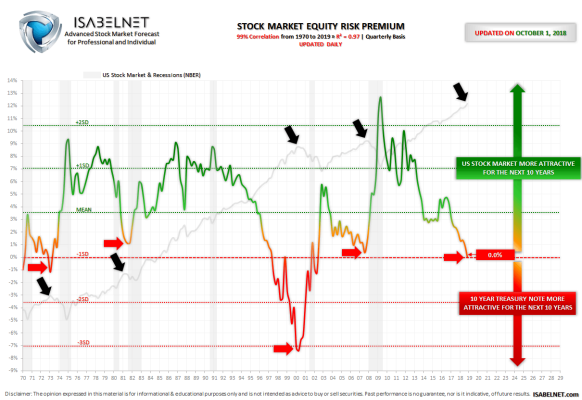I just re-read the first five pages of this thread, but not 6-8, so apologies if someone already covered this.
There was a lot of talk about the 90% drop in stocks between 1929 - 1932. What I didn't see was much if any talk of:
1937: The US stock market, which had been in an exuberant run since the low of 1932, plummeted again by about 50%, just in time to destroy the confidence of many who had bought in over the previous few years.
Japan: The NEIKKEI index peaked in 1989, a full three decades ago. The Simpsons had not yet launched Season 1, and George H. W. Bush (the elder) was the new president of the U.S. Today, in nominal terms, the NEIKKEI trades at roughly half the value it did at the peak. The Bank of Japan and Japan's government have embarked on nearly endless version of quantitative easing and "stimulus" but alas, their stocks simply don't go up for decades. It seems their citizens have lost faith in the market and would prefer non-yielding bonds to a stock market that never seems to escape the doldrums.
Personally, I'm in the camp of seriously reducing equity exposure at this point in a long and fantastic bull run. We're all super confident when things are going well. But even for those of us who stay the course during bad times, I think it's more a question of whether you're sleeping well at night with your asset allocation as opposed to feeling miserable. During the 2008 - 2009 time frame, I went pretty much all-in to the US stock market, but it was stomach-churning at the time. Now that effort has paid off, but I doubt I'll be nearly as aggressive even if we get the 50% peak to trough stock drop that I personally expect.




